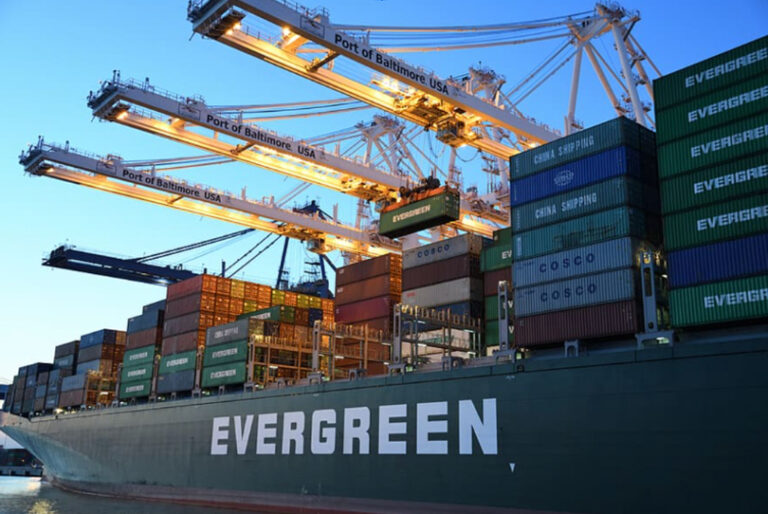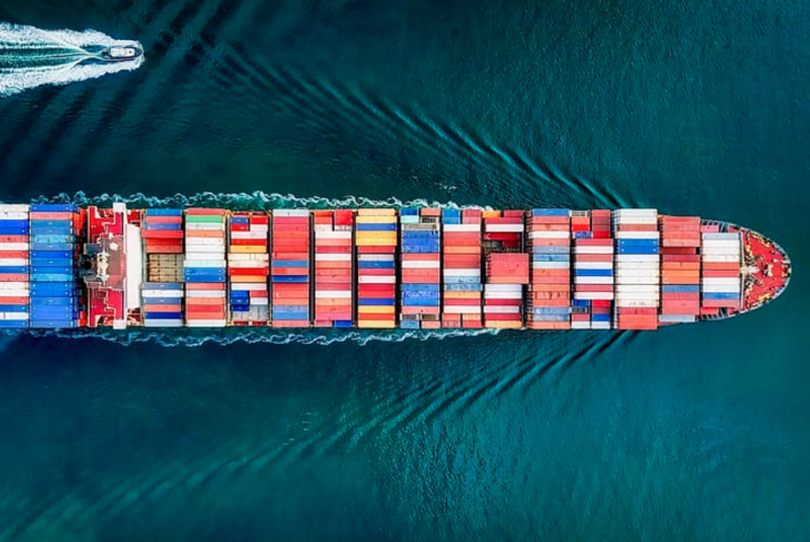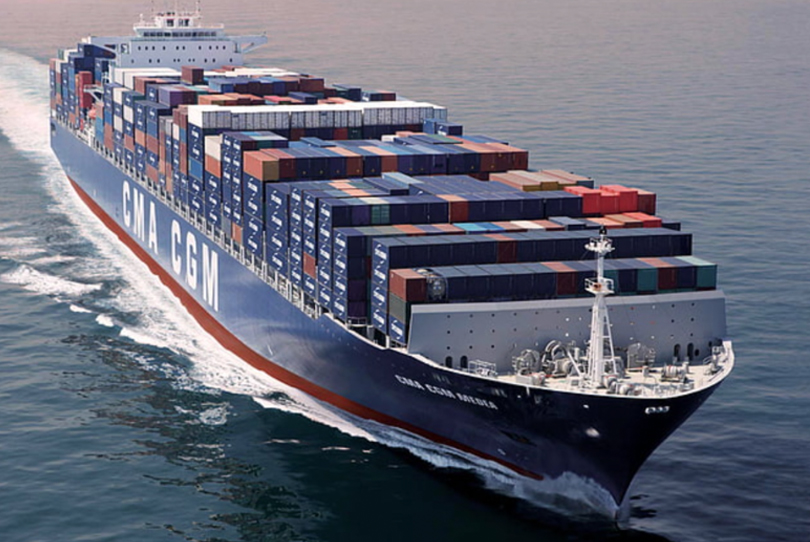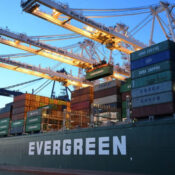
Critical Analysis: Turkey’s Strategic Position In The Global Logistics
Turkey made a name for itself in the logistics industry starting from the 1900s, and the impact of this growth was most noticeable from the 2000s onwards. It’s undeniable that logistics is a significant economic driver for Turkey,contributing to the country’s multidimensional development. But more than an economic tool, it should be regarded as an international commercial network connecting Turkey with the rest of the world.
However, there are certain weaknesses in Turkey’s logistics landscape that need addressing. These. include a lack of coordination in logistics operations,inadequacies in railway infrastructure, inability to keep pace with technological advancements, inefficiencies in customs operations, and the lack of connection between the logistics sector and trading companies. Despite these challenges, Turkey has taken necessary precautions to minimize their impacts, such as streamlining customs operations and strengthening its infrastructure.
Today, Turkey is home to 43 ports, with Mersin Port,Iskenderun Port, Ambarli Port, Bandırma Port, Samsun Port, Izmir Port, Derince Port, Trabzon Port, and Haydarpasa Port being the most significant. These ports, particularly Mersin Port with its 21 berths, provide crucial loading and unloading services to numerous ships simultaneously, thus promoting the country’s logistics industry.
There are two key factors that emphasize the significant role of logistics in Turkey’s global trade.
Economic Impact: The significance of logistics has surged with the increasing pace of globalization. With the expansion of trade, industrial development, and the formation of international trade agreements, the necessity of a robust logistics sector became apparent.
As such, Turkey’s economic progression has been tightly linked with advancements in the logistics industry.
Environmental Conditions: The physical infrastructure components of logistics – air, land,sea, and rail – are embedded within city landscapes. The organization and efficiency of these structures reflect a city’s liveability. Turkey holds a crucial position in the global logistics sector, thanks to its strategic location in the intercontinental transition zone.

This enables Turkey to function as a pivotal logistics base where commercial networks converge. By leveraging this potential, Turkey can bolster its international relations between Europe and the Middle East while also expanding its international transit passes with advanced logistics Infrastructure With a GDP of 799 million dollars, Turkey ranks 18th in the World Logistics Indices. Despite some planning and coordination issues, Turkey aims to break into the top 10 among G-20 countries with a projected export of 500 billion dollars by 2023.
Turkey offers several unique advantages in terms of its geographical location:
- Being located along the critical Silk Road line, linking the continents of Asia and Europe, and surrounded by sea on three sides, Turkey is strategically positioned for global logistics.
- The country boasts a broad road network situated on significant highway corridors, one of the largest commercial vehicle fleets in Europe, strategic port locations, and substantial investments in aviation.
- Further infrastructure investments such as Istanbul Airport, Marmaray, and Baku-Tbilisi-Kars promise to enhance Turkey’s logistics capabilities and performance even more.

Therefore, considering Turkey’s strategic location, robust infrastructure, and significant potential for growth, it presents itself as an extremely advantageous country for exports and the logistics industry.




